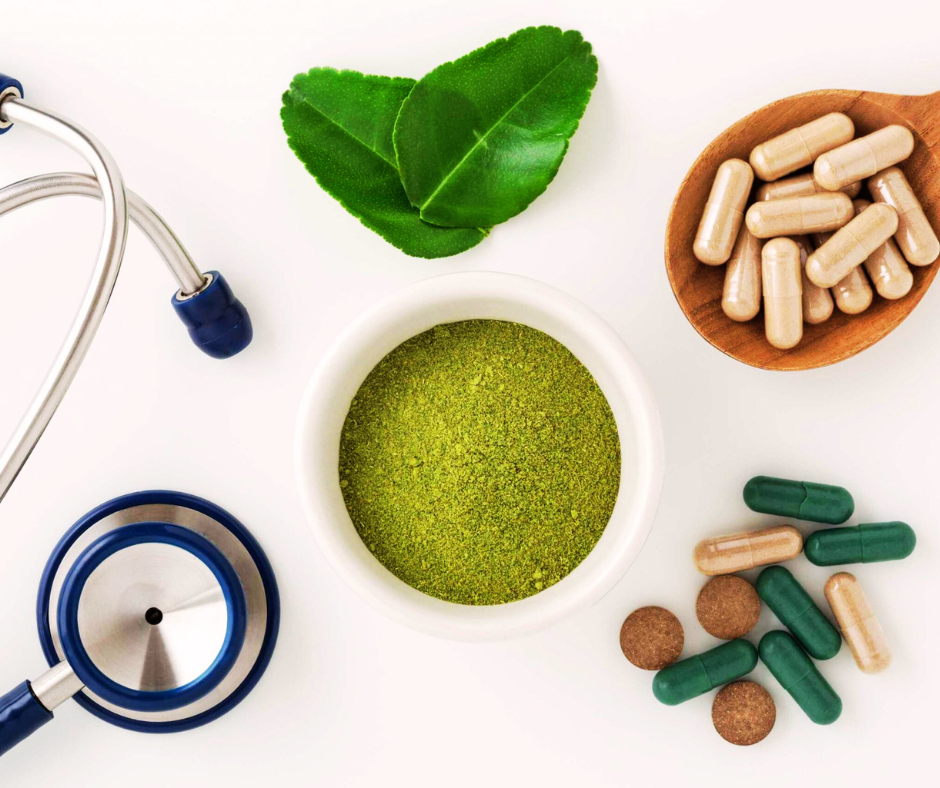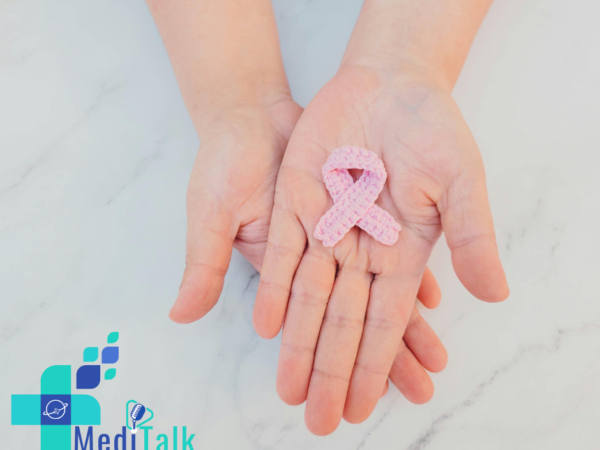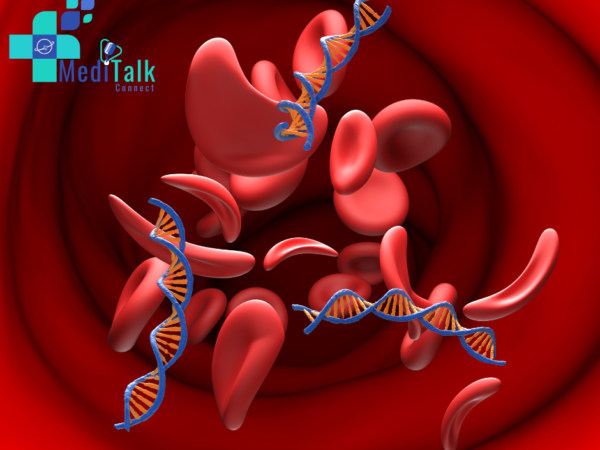The breathtaking landscapes of Jammu and Kashmir, often referred to as “heaven on earth,” are adorned with lofty mountains and dense forests experiencing abundant rainfall and snow. These forests, spanning diverse geo-climatic zones, play a pivotal role in the region’s economy, providing invaluable forest resources essential for human well-being. Amidst this natural richness, traditional medicine, specifically Herbalism or Herbal Medicine, has flourished since ancient times, relying on the use of plants or plant extracts for healing and promoting bodily functions.
The Hakeems and Vaidayas in the study area possess a wealth of knowledge about local medicinal plants, perpetuating a system that is predominantly utilized in the remote corners of the Jammu and Kashmir region. Unfortunately, traditional healthcare knowledge, including that of the nomads, faces threats from various natural and anthropogenic factors. Against this backdrop, our study aims to assess the awareness and attitudes of the people in central Kashmir regarding the use of traditional medicine.
For this study, we employed a well-designed and validated questionnaire to gather information from a sample of 400 individuals (200 males and 200 females) randomly selected from different Unani hospitals and the study area. The collected data underwent meticulous tabulation, analysis, and statistical interpretation using standard statistical methods.
The survey results unveiled that both male and female respondents were well aware of the significance of traditional medicine, particularly Unani medicine. However, a noticeable gap existed in their attitudes toward using Unani medicine for treating illnesses. A majority of respondents (69.5% males, 73.5% females) acknowledged awareness about Unani medicine as a treatment modality for various diseases.
Further analysis highlighted that elders in the family were the primary source of information about Unani medicine for a significant portion of respondents (32.5% males, 38.5% females), followed by neighbors (17.0% males, 20.0% females) and friends (15.0% males, 18.5% females). Notably, a statistically significant difference was observed between male and female respondents in their preference for Unani medicine as a treatment option (P<0.01).
Conclusively, our study indicates that while there is widespread awareness about the importance of traditional medicine, a lack of positive attitudes toward utilizing medicinal plants and facilities poses significant obstacles to the efficient use of Unani medicine in the region. Urgent measures are needed to raise mass awareness about the crucial role of medicinal plants in healthcare among the people of Jammu and Kashmir.




